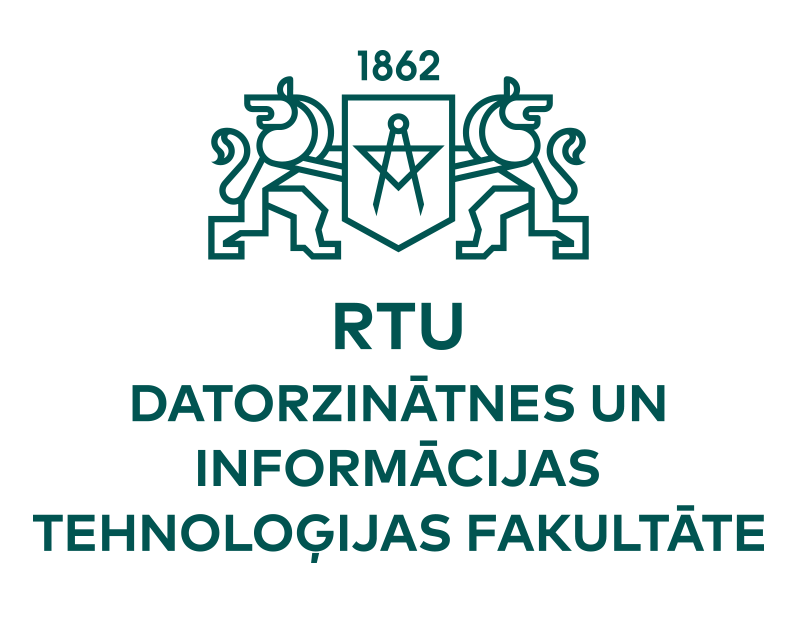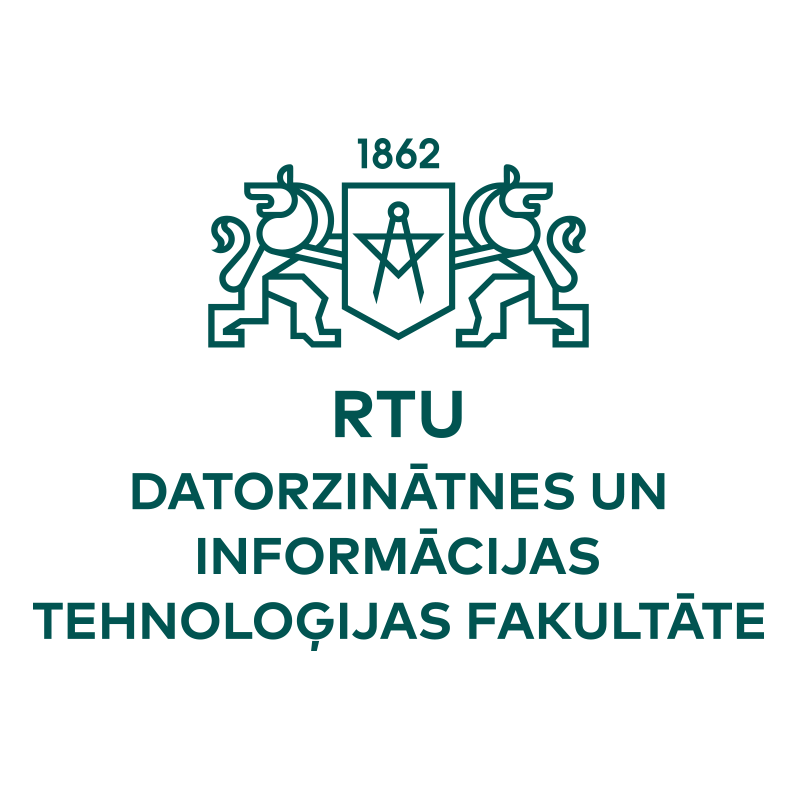1st Workshop on Learner-centered Information Security Training Methods (LISTE)
Information security is the practice of protecting information from unauthorized access, disclosure, alteration, destruction, or disruption. It focuses on preserving confidentiality, integrity, and availability of information, whether it is in physical or digital form. As the digital ecosystem and threat landscape continue to expand, the need for robust and effective information security measures becomes increasingly critical.
Organizations like the European Union Agency for Cybersecurity (ENISA) emphasize the need for comprehensive security training. However, a gap persists in aligning traditional education methods with the dynamic demands of modern information security. Despite the increasing importance of this field, existing training methods often overlook the role of the learner's perspective and active participation. Learner-centered approaches are essential for equipping individuals with the practical skills and understanding necessary to address evolving security challenges effectively. Drawing from our experience in designing and delivering education and training programs, we recognize the transformative potential of focusing on learner-centric methodologies to bridge these gaps.
The goal of the 1st Workshop on Learner-Centered Information Security Training Methods (LISTE) is to advance the field of information security education by fostering discussions, sharing innovations, and promoting learner-centered approaches. The workshop aims to create a collaborative platform for researchers, educators, and practitioners to exchange ideas, address training challenges, and build a network of experts dedicated to improving the effectiveness of information security training. Ultimately, the workshop seeks to enhance educational practices to better equip individuals with the skills and knowledge required to address the evolving demands of information security. As a result, the workshop is expected to improve information security training practices.
Topics
The topics of interest for the LISTE workshop include, but are not limited to, the following:
● Current challenges in information security training and competency gaps
● Cybersecurity education standards and frameworks
● Information security education curriculum design
● Adaptive information security training methods
● Game-based training methods
● Simulated cybersecurity exercises
● Cyber-range and virtual labs
● Collaboration with industry stakeholders
● Cross-disciplinary aspects of information security training
● Impact of cybersecurity regulations on training
● Building cybersecurity resilience in critical infrastructures and specialised industry fields
Important dates
Paper submission:
March 15, 2025March 21, 2025 (extended deadline)Author notification: April 12, 2025
Camera-ready submission: April 19, 2025
Author registration: April 19, 2025
Workshop date: May 20, 2025
Papers submission
Three types of submission are welcome: position papers, research papers, and experience reports.
● Research papers (8-15 pages): (10-15 pages completed research papers, 8-10 pages research in progress): Research papers should describe innovative approaches.
● Position papers (6-8 pages): Such papers should state the position of the authors regarding any topic of the workshop.
● Experience reports (6-8 pages): Experience reports and case studies are expected to be submitted in this category.
The papers should be submitted through EasyChair: https://easychair.org/conferences/submission_new?a=33864766
Submitted papers should be in English and in a PDF format according to the LNCS style.
Each submitted paper will be reviewed by two or three program committee members.
Accepted papers will be published in CEUR proceedings using the 1-column CEUR-ART style.
Organizers:
Rūta Pirta, Riga Technical university, Latvia
Agnė Brilingaitė, Vilnius University, Lithuania
Nalin Asanka Gamagedara Arachchilage, The Royal Melbourne Institute of Technology, Melbourne, Australia
PC members:
Linas Bukauskas, Vilnius University, Lithuania
Tero Vartiainen, University of Vaasa
Irdin Pekaric, University of Liechtenstein, Liechtenstein
Kaie Maennel, University of Adelaide, Australia
Karen Parish, University of Inland Norway, Norway

